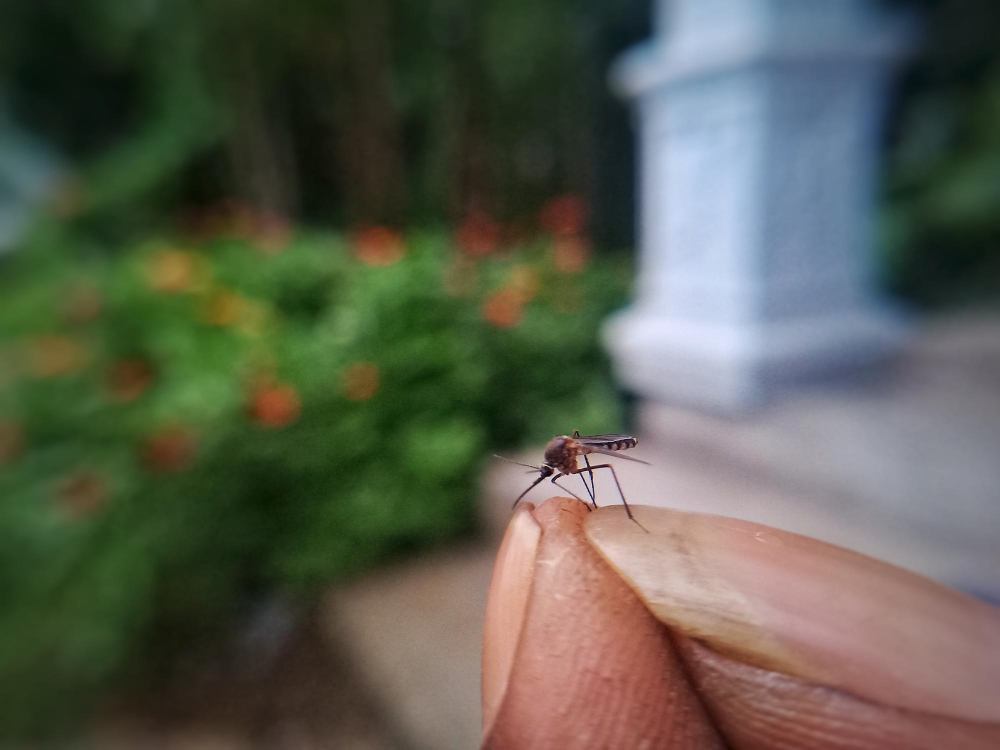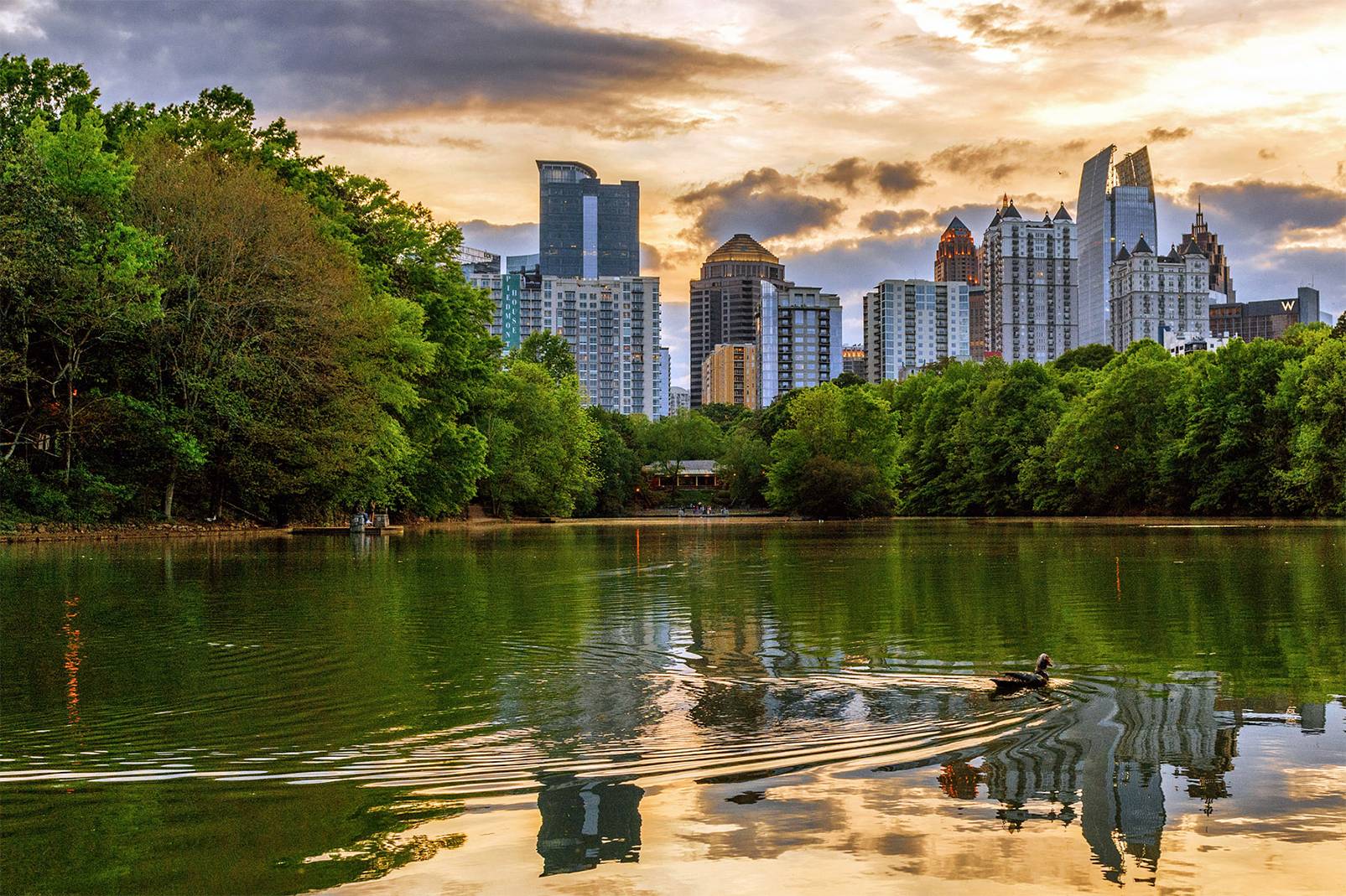
Effective pond maintenance demands a nuanced understanding of the intricate web of life that exists within these aquatic ecosystems. In the realm of organisms populating ponds, midges and mosquitoes emerge as significant players. In detention and retention ponds where stormwater management is of utmost priority, discerning the roles of midges and mosquitoes becomes particularly crucial.
This article brought to you by Aquatic Restoration explores the dynamics of midges and mosquitoes in the context of pond maintenance. We hope to shed light on their contrasting impacts and emphasize the need for a balanced approach.
Midges, often mistaken for mosquitoes due to their similar appearance, are delicate insects belonging to the Chironomidae family. Unlike mosquitoes, midges do not pose a direct threat to human health as they do not bite. Instead, midges primarily play positive roles in pond ecosystems.
Midge larvae, known as bloodworms, are voracious consumers of organic matter. They contribute to nutrient cycling by breaking down detritus and decaying organic material, preventing the accumulation of excess nutrients in the water.
Meanwhile, adult midges serve as a crucial food source for various aquatic and terrestrial animals. Fish, amphibians, and birds, including insectivorous species, benefit from the abundant midge population.

All in all, the presence of midges often indicates a healthy pond ecosystem with balanced nutrient levels. Monitoring midge populations can serve as an indirect indicator of water quality and ecological stability.
In contrast to midges, mosquitoes are notorious for their biting habits and association with the transmission of diseases such as West Nile virus and malaria. While they are a natural part of pond ecosystems, their proliferation can become a problem requiring careful pond maintenance strategies.
Being a common feature in detention and retention ponds, stagnant water provides ideal breeding grounds for mosquitoes. Standing water allows mosquito larvae to thrive, leading to increased adult mosquito populations. Stagnant water bodies, if not properly managed, can become hotspots for mosquito-borne illnesses.
Mosquitoes can negatively impact the overall enjoyment of outdoor spaces by making them less inviting due to their irritating bites. High mosquito populations can even deter property owners and visitors from engaging with the pond environment.
Given the contrasting roles of midges and mosquitoes, pond maintenance requires a balanced and proactive approach to foster a healthy ecosystem while mitigating potential nuisances.
The foundation of any successful detention or retention pond maintenance is mindfulness. Conduct regular inspections to monitor both midge and mosquito populations. Implement targeted interventions, such as larvicides for mosquito control, when necessary.
With over 35 years of industry experience, Aquatic Restoration is a source for reliable pond maintenance services. Call us today to schedule a consultation or on-site visit for as soon as possible.
There’s peace of mind in knowing you have a reliable detention pond on your property. These man-made ponds temporarily hold…
Owning waterfront property is a dream come true for many people. Everything from the stunning views to a relaxing lifestyle…
Algae and contaminants are hands down among the most common and frustrating problems that pond owners face today. Excessive algae…
Recreational lakes are valuable community and private assets, offering opportunities for boating, fishing, swimming, and relaxation. Over time, however,…
Stormwater ponds form a part of modern stormwater management systems. As the name suggests, they collect and manage runoff from…